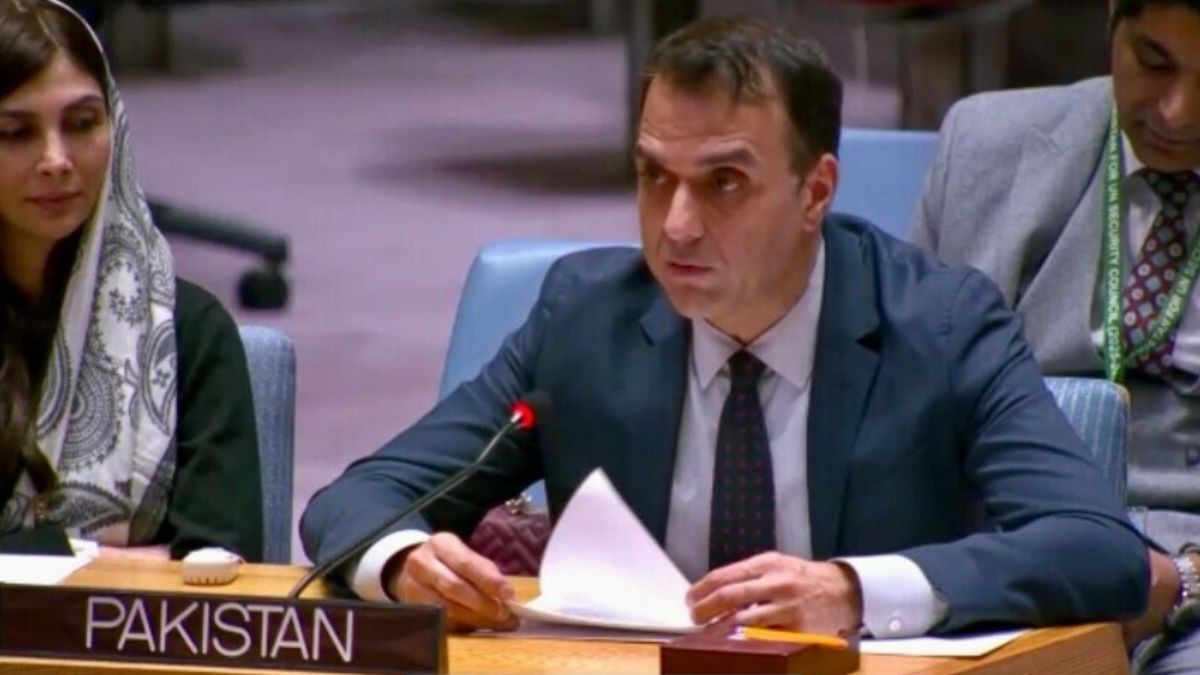
Pakistan's Vice Chair Role in UNSC Anti-Terror Committee: A Challenge to UNSC Credibility
Pakistan's recent election as Vice Chair of the United Nations Security Council's Counter-Terrorism Committee (CTC) presents a pivotal moment in its diplomatic history, igniting discussions regarding the effectiveness and credibility of the UNSC in combating global terrorism.
Electing Pakistan into this influential position raises significant questions about the UNSC's credibility. Criticism has emerged due to Pakistan's reputation as a "global exporter of terror," stirring concern over its leadership role within the CTC. Such a scenario naturally prompts scrutiny regarding the UNSC's genuine commitment to effectively addressing terrorism. There's a widespread sentiment that appointing a nation with a contentious history in this domain could seriously undermine the committee's mission.
In this new role, Pakistan will have the power to steer the CTC's agenda, influencing critical conversations around counter-terrorism policies. However, this authority may also invite skepticism from other nations, particularly those that have experienced terrorism associated with Pakistan. The implications extend far beyond mere titles; they raise fundamental questions about the credibility of the UNSC itself.
As the UNSC continues to grapple with its core responsibility of ensuring international peace and security, Pakistan's election introduces an added layer of complexity. Collaboration among member states might become more challenging, fostering increased doubts about the UNSC's effectiveness in fulfilling its obligations.
Ultimately, while Pakistan taking on the Vice Chair role reflects its engagement in global diplomacy, it also highlights serious credibility concerns regarding the UNSC's counter-terrorism initiatives. The international community will be observing with great interest how this pivotal development influences efforts against global terrorism.
Learn more about this topic from Al Jazeera.
